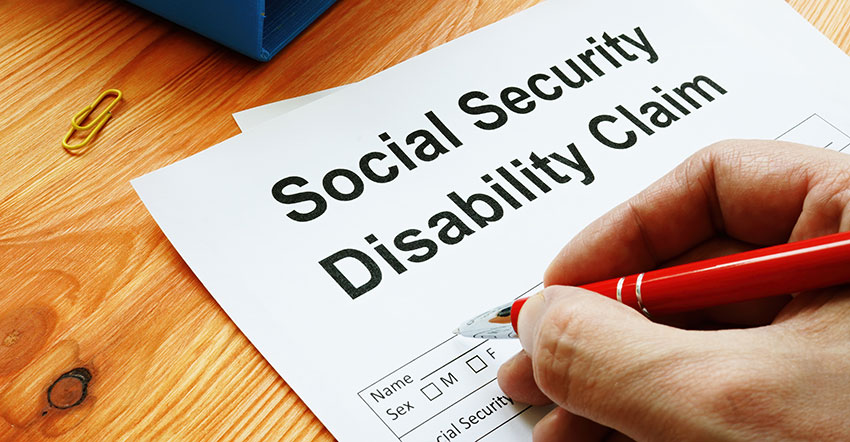Buying a home is a big deal, and figuring out how to pay for it can be confusing. But here’s an option you might not know about: assumable mortgages. Imagine taking over someone else’s mortgage instead of starting a new one from scratch. Sounds interesting, right? This guide will break down everything you need to know about assumable mortgages. We’ll explain what they are, how they work, and the pros and cons so you can decide if it’s the right choice for you.
Understanding Assumable Mortgages: A Comprehensive Guide
When it comes to mortgage options, assumable mortgages offer a unique opportunity. A homebuyer can take over an existing mortgage agreement from the original borrower, with conditions and terms that remain similar. An assumable mortgage can be beneficial for buyers when interest rates are on the rise. It enables them to lock in at lower rates established during previous market conditions.
What is an Assumable Mortgage?
An assumable mortgage involves not only taking over someone else’s debt but also adopting their repayment plan, interest rate, and principal balance. This arrangement becomes attractive when current market rates exceed those outlined in the original lender agreement. If you’re concerned about the costs associated with assuming such a loan, they tend to fluctuate based on factors like the remaining amount owed by the seller. The amount owed can affect the down payment you’ll need to make; generally, as the sum increases, so does your required outlay.
How Do Assumable Mortgages Work?
The process of assuming an existing mortgage begins with mutual consent between the homeowner (the seller) and the potential buyer. Once an agreement is reached, the next crucial step is obtaining approval from the lenders or lending institutions involved in the transaction. Lenders have strict criteria that must be met before approving these types of transactions. Factors such as credit scores and income levels are taken into consideration to ensure a successful transfer of the mortgage without creating additional liabilities.
Exploring Assumable Mortgages: Pros and Cons
When navigating the real estate market, it’s important to consider all available options. One such option is an assumable mortgage – a unique tool that can offer both benefits and drawbacks.
The Appeal of Assumable Mortgages
Firstly, let’s delve into why one might opt for an assumable mortgage. The primary allure lies in the prospect of lower interest rates. If you’re stepping into a loan established during a period of low-interest rates, you stand to save substantially compared to starting afresh with current higher rates.
Moving on from there, there’s another attractive feature: the potential for avoiding closing costs. Closing costs encompass various fees linked with finalizing property transactions like appraisal fees or title insurance. With an assumable mortgage at your disposal, these expenses could be bypassed entirely.
Potential Pitfalls of Opting For An Assumable Mortgage
Naturally though, every rose has its thorns – so too does opting for an assumable mortgage present certain challenges worth noting before making this decision. A key downside ties back directly towards one of its major upsides. Lower interest rates aren’t always guaranteed depending on prevailing market conditions when taking over someone else’s older contract which may have been set at potentially higher interest rates.
The second challenge comes full circle back towards avoiding closing costs. While they might seem like big savings initially – remember this isn’t universally applicable across every situation. In some cases buyers who possess significant money saved up would find themselves more financially comfortable covering those upfront expenses instead. That’s because they’d still maintain larger cash reserves afterwards even if initial expenditures seemed steep comparatively speaking right now.
Overall
So, there you have it! Buying a home is like running a marathon; it’s a long journey, and you want to make sure you’ve got the right shoes—or in this case, the right mortgage. Assumable mortgages are like a shortcut. You’re stepping into someone else’s loan agreement, which can be really great if that loan has low-interest rates, especially compared to what’s available now.
But let’s not forget, even shortcuts have bumps and turns. For instance, the older mortgage you’re taking over might not have as low of an interest rate as you were hoping. Or, you might find that you still have to deal with some costs, depending on your specific situation. And remember, not all lenders like this idea, so you’ve got to make sure you can secure approval to take over the loan in the first place.
So, if you’re thinking about an assumable mortgage, make a list of pros and cons tailored to your own circumstances. Maybe chat with a financial advisor or someone who really knows the ropes of the real estate world. The goal is to make sure that this is the best route for you in the long run. An assumable mortgage can be a gem or just a shiny rock—make sure you know which one you’re picking up before you take the leap. Good luck, and may your house hunting journey be a successful one!



